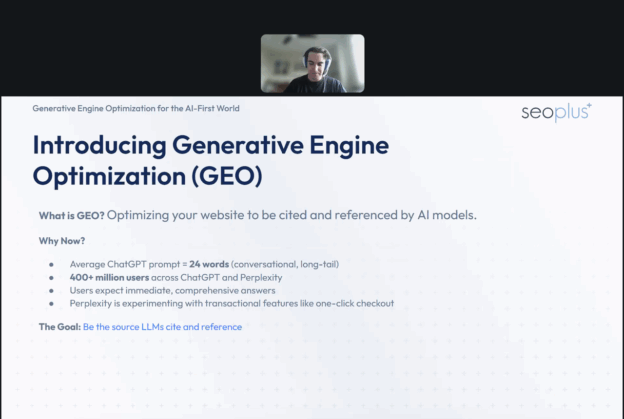In the modern world, people throughout the globe – from North America to Africa to Asia – are more likely to own an iPhone than to go to church or temple. It may appear a small compliment; and an even more outrageous accommodation. But the replacement of the probity of religion by technology is real. The entrancement is similarly overwhelming.The mechanism of the fantastic and the unbelievable has not commensurately altered. Instead we’re facing a new demon with like obscurity. The advent of AI (Artificial Intelligence) has provoked among the masses a seemingly epic change and intrigue in the world of commerce including in particular everyday sales mantras and successes at the base of the economy. The scrambling is notable for its unprecedented gusto – possibly an insight into the legitimacy of the fluster. Historically however my experience is that Nature of whatever character is governed less by hysteria than practicality – that is, discernible and digestible logic. Maintaining a clear mind and balance – especially in the realm of the unknown – is imperative to avoid being swept away and deceived by what in retrospect is a far less disquieting alarm with a far more obvious solution.
Search is changing fast. With AI platforms like ChatGPT and Perplexity already driving nearly 8% of global traffic, traditional SEO alone is no longer enough. As part of our commitment to our clients, CanSpace Solutions is hosting this free webinar on Generative Engine Optimization (GEO) — the strategy for staying visible in an AI-driven search world.
You’ll learn:
• What GEO is and why it matters in 2025
• How AI search differs from Google-style SEO
• Actionable steps to GEO success
• Live Q&A with a Canadian GEO expert
However skeptical I may sound, it is indisputable that education (as opposed to mere rhetoric) matters; and, this afternoon I learned something from Messrs. Artashes Toumanov (Marketing Manager-Canspace) and Noah Desmarais (SEO Specialist-seoplus+). Today I was introduced to GEO, SEO and LLMs. My summary of the 1-hour lecture by Canspace Solutions (“Canada’s Leading Domain Registrar and Web Hosting Provider”) is this: “Speak to your niche market in the language you already know that they understand; and – if you’ll forgive the precipitous lapse into the vernacular – let the shit go down the street!” This abbreviation is an unedited version of the retail intelligence I acquired after forty years of practice and it has the approbation of the late Raymond Algernon Jamieson QC who retired at 84 years of age after half a century of practice (he was called to the Bar at Osgoode Hall in 1921 and retired in 1976).
Convenient to the explanation of most things is the usage of gross comparison and the recollection that there are two ways to get down the river; viz., “Either you know where to go or where not to go.” Coincidentally facilitating this metaphor was our early morning visit to Neat Café in Burnstown along the Madawaska River where we enjoyed a superb repast, including for me the celebrated “Breakfast Cookie”, fresh fruit, admirably cooked bacon and eggs, a healthful nutty toast with unadulterated peanut butter and a happily abrupt espresso. There may be ways of merchandising this stuff but nothing beats word-of-mouth to authenticate the appraisal. For the uninitiated, a description of the goods and services is in my opinion best complemented by the universal language of achievement in matters of this nature – that is, avoid the surplusage of excessive applause and capture instead its manifest nature.
What makes LLMs impressive is their ability to generate human-like text in almost any language (including coding languages). While this technology is the natural evolution of natural language processing in machine learning, these models have become examples of true innovation — they produce outputs more sophisticated than anything that has existed before. Why are large language models called foundation models, you ask? A foundation model refers to AI systems designed to perform a wide range of specific applications. The original model provides a “foundation” on which other things can be built. Often, foundation models and LLMs are used synonymously because LLMs are the most well-known and widely used type of foundation model today.
